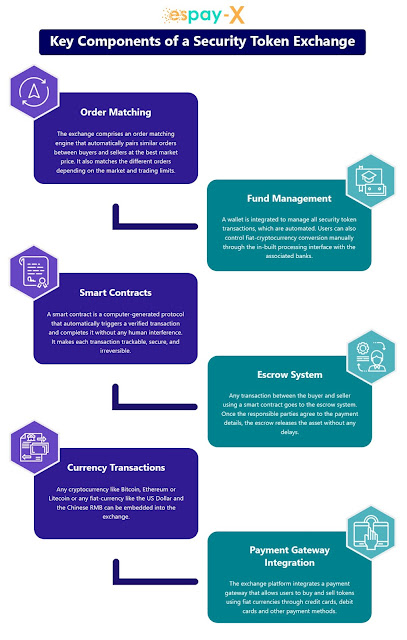Risk is probably the most talked about trait in the crypto trading market. This has prompted the investors to look for ways to manage the risk in crypto markets. One way to do that is through crypto derivatives. As awareness has grown about the utility of derivatives as risk management tools, so has the awareness for the derivatives markets. Exchanges of futures and options, and over – the-counter crypto derivative markets are now the integral parts of the digital assets economy that have reached a state of advanced economic development. These markets will be important components of the crypto trading scene as they move into more advanced developmental stages.
The diverse crypto derivative markets around the world have many similarities and many differences. One of the similarities is that all crypto derivative exchanges operate under some form of regulatory government. The purpose of this report is to provide some guidance on the appropriate regulatory approach for businesses planning to develop derivatives markets for crypto trading.
There are substantial differences in many specific areas underneath these similarities, but these differences primarily reflect different ways of trying to achieve the basic objectives of financial regulation in the underlying nation. They also reflect some differences in regulatory philosophy, particularly as regards the role of self-regulation in the achievement of regulatory objectives.
As cryptocurrencies spread throughout the globe, so do the regulations put in place to try and regulate them. Every country is constantly evolving and it’s not easy to keep up with the rules in different territories. We’ve put together this guide to help you navigate the various legislative roles against cryptocurrency derivatives, and the activities associated with them. The regulatory framework given here will also serve as a guide to businesses that are looking forward to leverage from this booming market with their own crypto derivatives trading platform.
United States
Cryptocurrency exchange laws are also in unclear legal territory in the United States, and several of the federal regulators seek jurisdiction.
The Securities and Exchange Commission (SEC) has indicated that it considers cryptocurrencies to be securities: it stated in March 2018 that it was looking to comprehensively apply securities laws for digital wallets and exchanges. By contrast, the Commodities Futures Trading Commission (CFTC) has adopted a more friendly “do no harm” approach, describing bitcoin as a commodity and allowing for the public trade of cryptocurrency derivatives.




